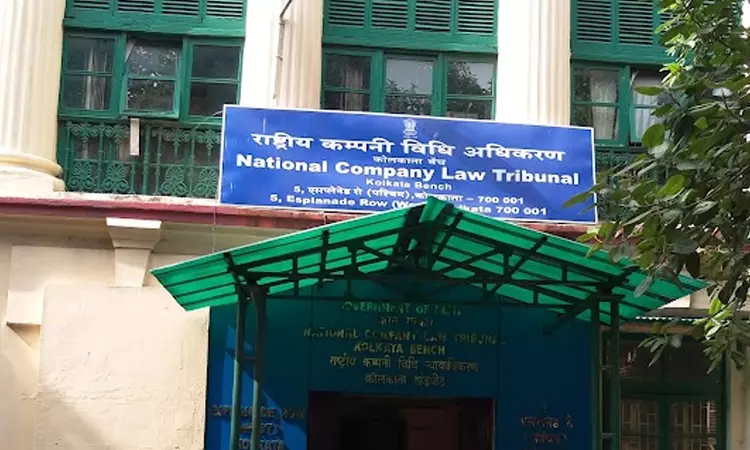The NCLT, Kolkata bench of Justice Ashok Kumar Bhardwaj has held that once a Financial Creditor had been classified as a “related party”, it could not be allowed to gain entry into Committee of Creditors (CoC) on account of its Operational Debt as it would amount to defeating the legislative intent of keeping related parties out and running of CoC by external creditors. Reliance...

